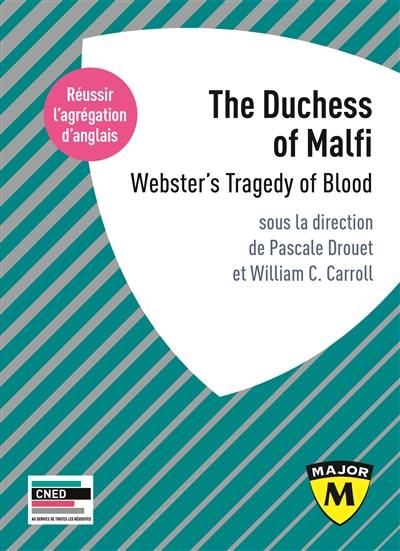
Fiche technique
Format : Broché
Nb de pages : 344 pages
Poids : 424 g
Dimensions : 15cm X 20cm
ISBN : 979-10-358-0436-7
EAN : 9791035804367
The Duchess of Malfi
Webster's tragedy of blood
Quatrième de couverture
The Duchess of Maifi
Webster's Tragedy of Blood
This collection of essays represents new scholarly work on John Webster's great tragedy, The Duchess of Malfi. The critical methodologies range from historical contexts to feminist readings of agency and identity, to social analyses of Jacobean culture. The play has rightly taken its place as one of the greatest of the early modem period, and the Duchess is now seen as one of the great tragic figures of the time - and along with Shakespeare's Cleopatra, one of the most powerful representations of a strong female character in control of her own sexuality and her own destiny. The play also offers an unusual range of villainous characters, from the Duchess's two brothers - the Machiavellian Cardinal and the deranged Ferdinand - to Bosola, who at first seems to be a conventional Vice-like villain. Bosola commits terrible acts in the play, and though he ultimately surrenders to his conscience and tries to do good, this transformation comes too late, and the final set of murders takes place in darkness - an apt symbol of the play's disturbing moral universe.





